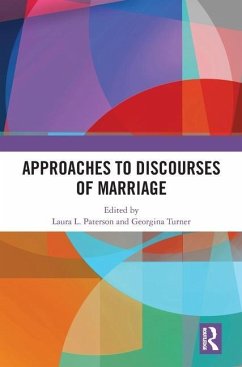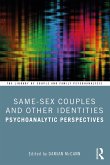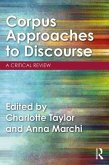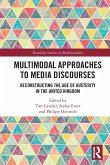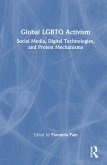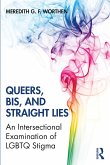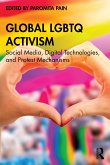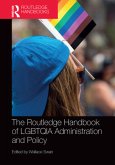How do people talk about marriage? Who gets to do the talking? When, why, where and how do these things change?
From the experiences of women forced to marry as children to those of older women who never married, from investigations of cross-border marriage applications to Christian pastors' sermons on divorce, from oppositional media discussions of same-sex marriage to pro-marriage equality protest signs: this collection presents research from across the globe addressing the often shifting, context-specific ways that we talk about marriage.
Developed from the work of the UK-based Discourses of Marriage Research Group and a two-day conference drawing together scholars interested in talk of marriage and related topics, this interdisciplinary volume brings together linguists, psychologists, and film makers and draws on data from the UK, Germany, Taiwan, the US, Belgium, and Turkey. It is intended both as a survey of some contemporary trends in research on marriage and as a foundation for further research.
The chapters in this book, except for chapters 1 and 7, were originally published as a special issue of the journal Critical Discourse Studies. This volume comes with a new introduction.
From the experiences of women forced to marry as children to those of older women who never married, from investigations of cross-border marriage applications to Christian pastors' sermons on divorce, from oppositional media discussions of same-sex marriage to pro-marriage equality protest signs: this collection presents research from across the globe addressing the often shifting, context-specific ways that we talk about marriage.
Developed from the work of the UK-based Discourses of Marriage Research Group and a two-day conference drawing together scholars interested in talk of marriage and related topics, this interdisciplinary volume brings together linguists, psychologists, and film makers and draws on data from the UK, Germany, Taiwan, the US, Belgium, and Turkey. It is intended both as a survey of some contemporary trends in research on marriage and as a foundation for further research.
The chapters in this book, except for chapters 1 and 7, were originally published as a special issue of the journal Critical Discourse Studies. This volume comes with a new introduction.

